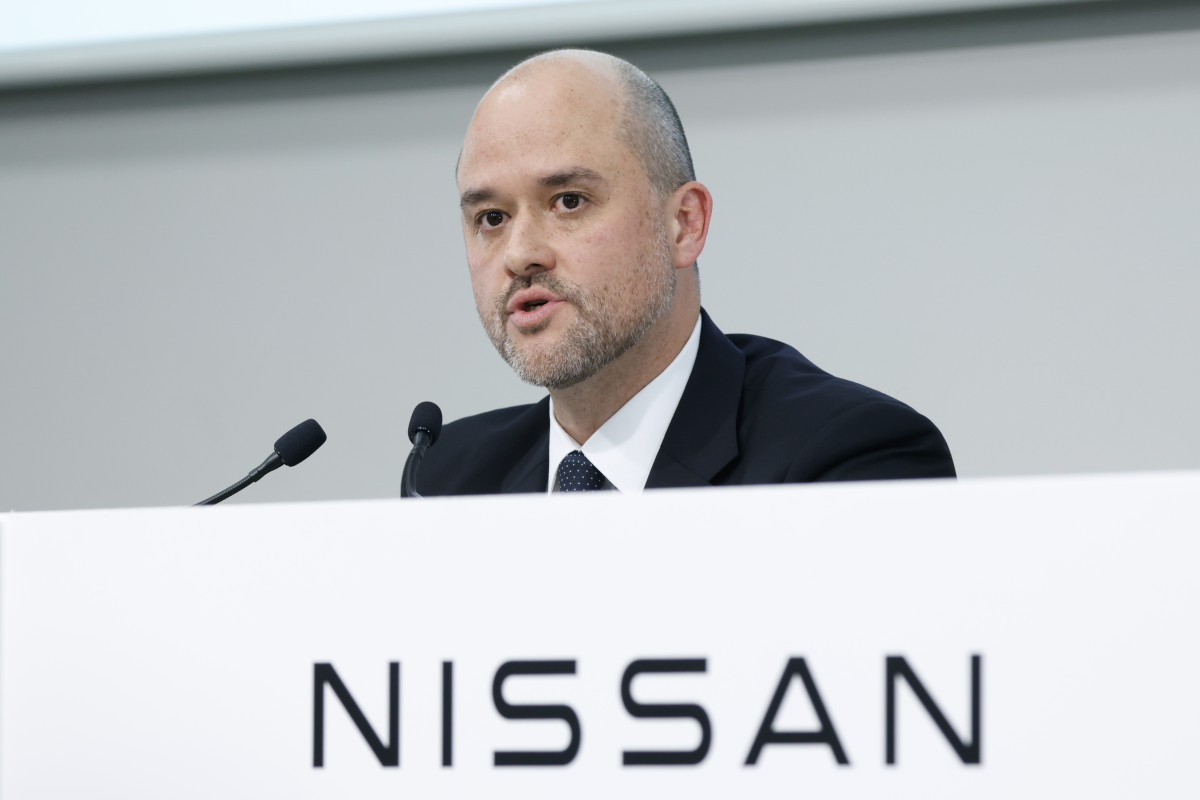Navigating Auto Tariffs

Diving into the world of trade negotiations might not sound like the Sunday morning coffee chat, but when it comes to how Japanese and South Korean automakers are dealing with new U.S. tariffs, it’s worth a chat. Nissan’s CEO, Ivan Espinosa, suggests that Japan could pick up the pace in their discussions with the U.S. Espinosa, who took the driver’s seat at Nissan in April, has expressed a keen interest in seeing Japan secure lower tariffs sooner rather than later. But it seems South Korea is in pole position to finalize their negotiations by July, putting them ahead of Japan, which has yet to mark its calendar with a solid deadline.
The Tariff Impact

With President Trump applying a hefty 25% tariff on foreign cars and parts, this move hits Japan and South Korea hard, given that America is a significant export hub for both. Interestingly, it seems South Korea is feeling the pinch even more, as the U.S. market makes up about 20% of its total automotive sales, compared to Japan’s 7%. This data comes from insights shared by Oxford Economics, indicating that while both countries have manufacturing facilities in Mexico, reduced exports to the U.S. might slow down auto parts production back home.
South Korea’s Strategy
South Korea’s Trade Minister Ahn Duk-geun is pushing for a tariff deal with the U.S. by July, though he cautions that domestic politics might slow things down. South Korea and the U.S. have talks lined up, aiming to stitch together a trade package focusing on tariffs and economic cooperation by July 8. However, it’s worth mentioning that Japan was quick to engage in talks too, despite not having a set deadline. And while the U.S. handed Japan a 24% tariff slap, it’s even steeper at 25% for South Korea, highlighting the urgency in these negotiations.
Other Deals
The U.S. is busy elsewhere, too. This month saw a revised trade deal between the U.S. and U.K., cutting import tariffs from 27.5% to 10% for a cap of 100,000 vehicles a year. U.S. automakers weren’t thrilled about this. Notably, a 90-day tariff truce between the U.S. and China adds another layer to the tariff saga.
Final Stretch
With other countries making headway, Japan looks to have its work cut out with the U.S., especially given the historic beef over American cars in Japan. Stock performances shed light on how tough the road is for Japan, with Mazda down by 19%, Nissan by 11%, and Mitsubishi by 7%, as reported by Nikkei Asia. On the flip side, South Korea’s structured timeline places them in a more advantageous position to reach a deal first, although a delay might pop up.
“`
This HTML blog post provides an in-depth look at the trade negotiations concerning auto tariffs between the U.S., Japan, and South Korea. It lays out the current state of talks, the impact of tariffs, and the strategies each country is using to mitigate these economic pressures, while incorporating details about other international deals. By speaking to the financial impacts and strategic movements, this article captures a dynamic scenario in global automotive trade that directly affects economic ties and industry operations.
Cadillac's Electric Gem
Toyota Unveils bZ5
Slantnose Revival Rumor
Hummer EV Unleashed
Last V8 Sedan Hurrah